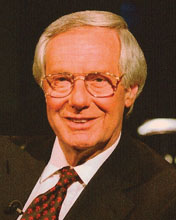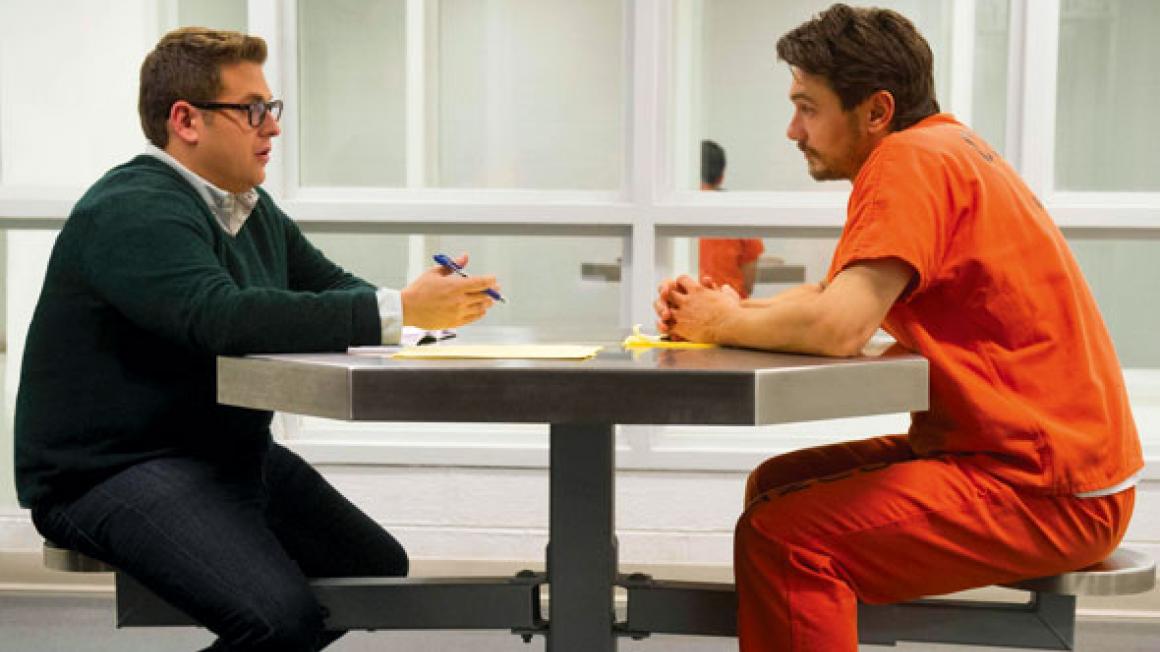True Story
 At 99 minutes this is not at all an uninteresting film, but at 60 minutes it would have made an absorbing docudrama for the telly. The debut movie by British stage director Rupert Goold, it tells, as the title suggests, the true story of a curious relationship between a disgraced New York Times journalist and a man accused of murdering his entire family – his wife and three young children.
At 99 minutes this is not at all an uninteresting film, but at 60 minutes it would have made an absorbing docudrama for the telly. The debut movie by British stage director Rupert Goold, it tells, as the title suggests, the true story of a curious relationship between a disgraced New York Times journalist and a man accused of murdering his entire family – his wife and three young children. The alleged killer, Christian Longo, prominent on the FBI’s Most Wanted list, fled to Mexico, where he was arrested and where he had claimed to be the journalist Mike Finkel.
On learning of this, Finkel, who had been fired by the NYT for fabricating a story, spoke to Longo in the Oregon state prison to ask why he was chosen to be impersonated. Thus began a series of in-jail meetings, which led to Finkel’s book and this film adaptation of it.
An immediately intriguing aspect of the movie is the casting – Jonah Hill (Finkel) and James Franco (Longo), both better known for appearing together in comedies such as Knocked Up than for their dramatic work. But as it turns out, they are the best reasons for seeing the film.
Between their one-to-one conversations in prison there is an awful lot of busking to fill – Finkel’s wife (Felicity Jones) wandering about their lonely home in wintry Montana and vague flashbacks to Longo’s apparently happy family before they were all slaughtered.
One premise is that the two men are very much alike, but that doesn’t really come across. Nor does Finkel’s allegedly admirable command of English, which made Longo an admirer. One thing they have in common, though, is the lingering question: did you do it? And did Finkel knowingly falsify his story about the slave trade in Africa? And did Longo really kill his family?
The answers are eventually forthcoming, but before that we have the verbal jousting between journo and alleged killer. At one point Longo claims he is innocent, that he loved his family, and Finkel seems to be persuaded by that.
At another, Longo hints strongly that he is protecting somebody else.
But to what extent is he to be believed? Is he truly guiltless or is he just a narcissistic, manipulative liar? At his trial, where he pleads guilty to two of the murders and not guilty to the others, we find out.
With the strong performances by the two leads – especially Franco – this could have been an absorbing tale in the manner of In Cold Blood. But, sadly, the pedestrian approach to the material makes it much less than that, and it remains interesting at best.
The film ends with Finkel at a book signing, contemplating the question of how much he lost in his relationship with Longo. The answer to that, surely, is nothing. He got a $250,000 advance for his book and Lord knows how much for the film rights. If you ask me, he, unlike the convicted Longo, was a winner.


